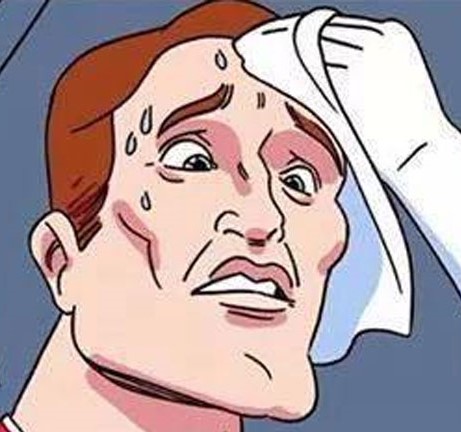

Also, on the subject of this song being “breakout/viral” - how hard is it to manipulate streaming numbers?
It’s seemed like the numbers there are 'semi-'manipulated in the way that Kpop can be - hugely inflated by deliberate rewatching and multi-platform streaming, but by individuals who genuinely want the song to do well, rather than bots or purchased fake stats.
It’s really seemed like ‘the right’ sees Oliver Anthony as “their guy” and rallied behind him and his song in order to push it up the charts as an imagined way of ‘owning the libs’ - and I think OA’s industry backing worked hard to seed that narrative among those circles in order to elicit that sort of boosterism from them.





I normally hate turning to Youtube when there’s a text resource available, but I’ve definitely found there are some situations where explaining a trick or a location in text is massively harder than just watching someone do it in a video.